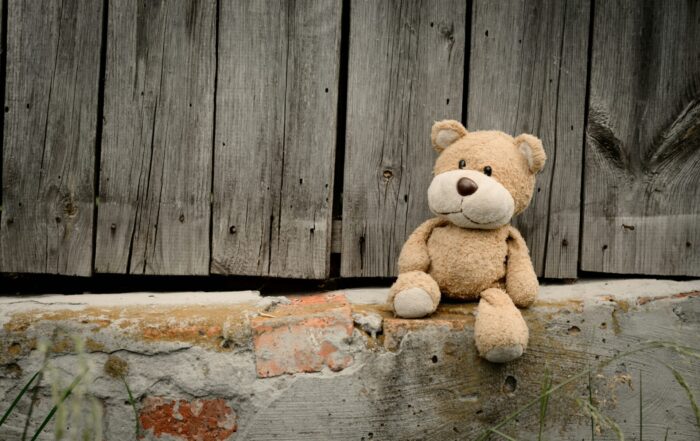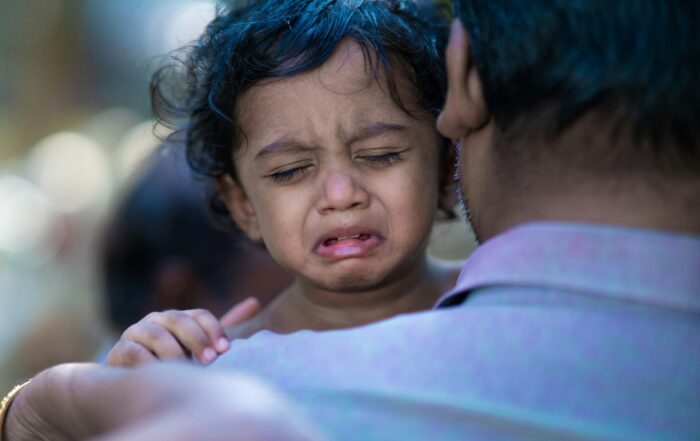
By University of California, San Francisco
Child-Parent Psychotherapy (CPP) is an intervention model for children aged 0-5 who have experienced at least one traumatic event (e.g. maltreatment, the sudden or traumatic death of someone close, a serious accident, sexual abuse, exposure to domestic violence) and/or are experiencing mental health, attachment, and/or behavioral problems, including posttraumatic stress disorder (PTSD). The treatment is based in attachment theory but also integrates psychodynamic, developmental, trauma, social learning, and cognitive behavioral theories. Therapeutic sessions include the child and parent or primary caregiver. The primary goal of CPP is to support and strengthen the relationship between a child and his or her caregiver as a vehicle for restoring the child’s cognitive, behavioral, and social functioning. Treatment also focuses on contextual factors that may affect the caregiver-child relationship (e.g. cultural norms and socioeconomic and immigration-related stressors).
Share This Post!
The Power of Mindfulness
By Juliann Garey Mindfulness is a meditation practice that helps you calm down. It starts with focusing on your breathing. It helps you stay in the present instead of worrying about the [...]
Adverse Childhood Experiences
By CDC ACEs are common. About 64% of adults in the United States reported they had experienced at least one type of ACE before age 18. Nearly one in six (17.3%) [...]
It Happened Here: Dr. Margaret Morgan Lawrence
By NYP History Every time she was turned away, Dr. Margaret Morgan Lawrence, whose career began at NewYork-Presbyterian in the 1940s, found a new opportunity to succeed, eventually becoming the first [...]
The Impact of Childhood Trauma on Developing Bipolar Disorder
By Yann Quidé, Leonardo Tozzi, Mark Corcoran, Dara M Cannon, Maria R Dauvermann Childhood trauma (CT) has been repeatedly linked to earlier onset and greater severity of bipolar disorder (BD) in adulthood. However, such knowledge [...]
Protecting Children from Sexual Abuse in the #MeToo Era
By Nickolas Agathis, MD Do you keep up with any modern social movements, such as #MeToo, #BlackLivesMatter or #KeepFamiliesTogether? The conversations surrounding them are still grabbing widespread attention through social media [...]
Immigrant Health is Interpersonal
By Amanda Venta, PhD Waves of Latinx immigration to the United States have changed in recent decades, and our scientific literature is only beginning to catch up. Regional violence and unrest [...]







